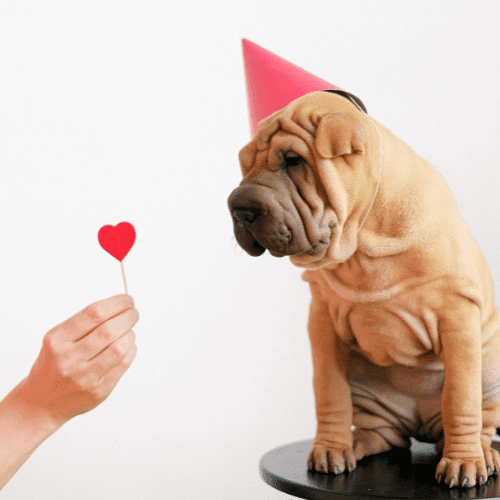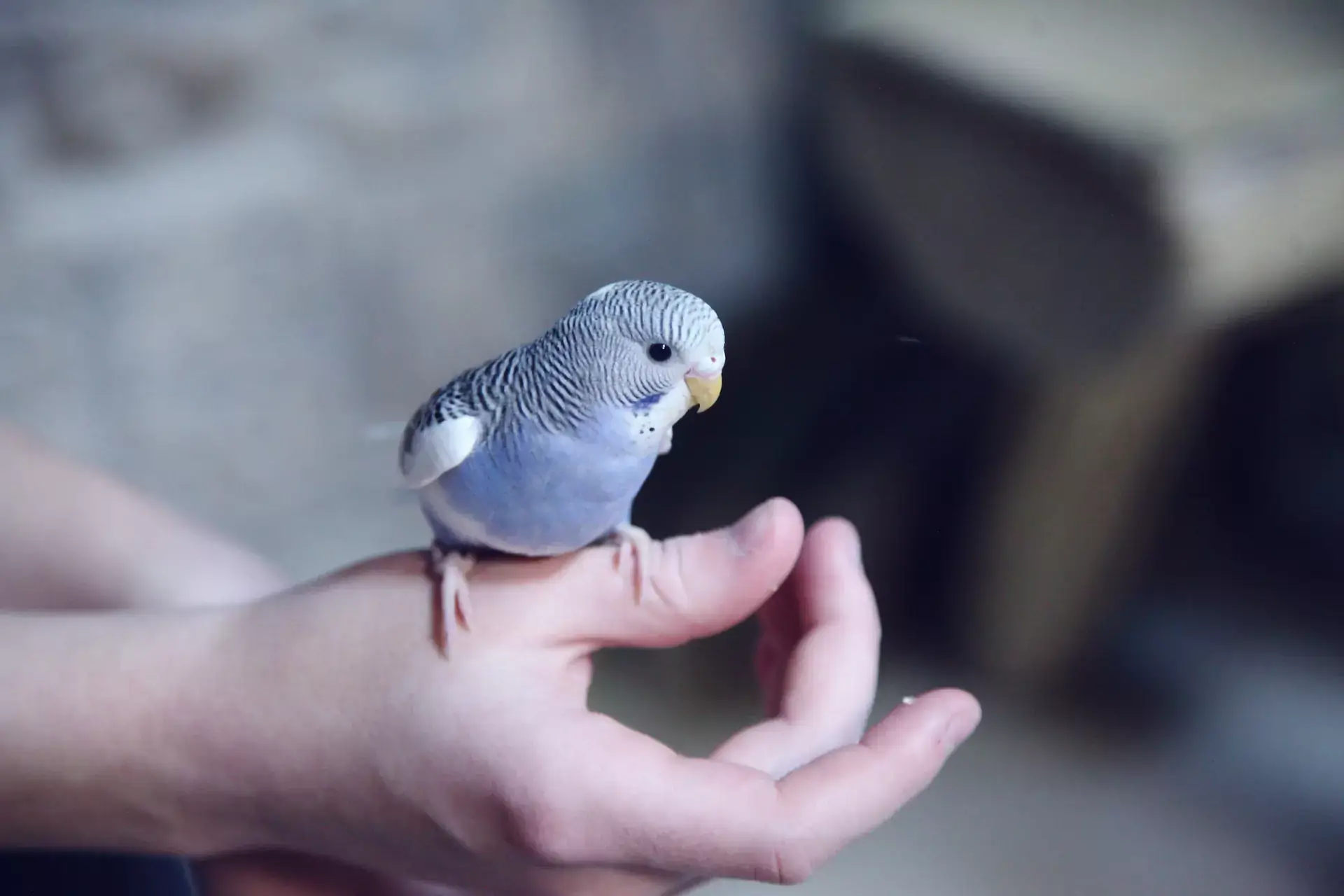Tips For Winter Dog Care
It’s officially winter, and regardless of how you feel about the cold, there’s no escaping it. It’s important to remember that changes in weather can affect our canine companions too. Here are some tips from a local Galena, MD vet for taking care of your dog in the winter.
What Should I Feed My Dog During The Winter?
During the winter months, Fido’s menu may need to be adjusted a bit. This is because dogs often burn extra calories just to stay warm when it’s cold.
If your canine pal qualifies as any of the following, we recommend consulting your Galena, MD vet:
- Thin Fur
- Senior
- Puppy
- Nursing Mama
- Working Dog
In addition, some dogs spend more time outside than others. If Fido spends a lot of time outside, he will also require more food.
Dog Grooming In The Winter
Bathing and brushing Fido regularly can also help to keep him warm. Dust, dander, and dead fur can cause issues with the fur’s natural insulation properties. As such, keeping your dog’s coat clean can help keep him more comfortable. (This also helps your dog stay cooler during the summer months.)
Do some research on the breed of your dog and talk to your Galena, MD vet or groomer to determine an ideal grooming routine.
In the summer, it may be easier to bathe Fido since you can take him out for a walk as he’s drying off. While this isn’t an option in the winter, if he doesn’t mind, you can blow dry him at home. Just be sure to use a low setting.
Is It Too Cold For My Dog To Be Outside?
As a caring Galena, MD vet, we’re happy to report that there has been a rise in laws making it illegal to leave dogs outdoors in the cold. While the specifics of these laws may vary from region to region, a general rule of thumb would be to never leave Fido outside in cold temperatures for more than 30 minutes at a time.
If you have a doghouse in your yard, it should be well-insulated, with the door facing away from prevailing winds. Doghouses or not, however, our canine companions should spend the majority of their time indoors. After all, they are part of the family!
If there’s a dog in your neighborhood that is being left outside for extended periods of time during the winter, we strongly urge you to advocate for them and contact the local authorities.
What If My Dog Loves The Snow?
When it comes to the topic of snow, dogs are just as divided as humans on the matter. Some canines absolutely hate it, while others see it as a chance to play and romp.
If Fido is a breed that is prone to winter weather, like a husky or a Malamute, you may find it hard to convince him to come inside once he gets out there.
If your pup happens to love the cold, let him play for a bit! Just make sure you keep an eye on him, and don’t leave him out there too long.
Keeping Your Dog Warm In Winter
Fido may have his own built-in fur coat, but that’s not enough to keep him warm. Additionally, some dogs need more help than others in this area.
The best thing you can do is invest in a good, comfortable doggy bed. This will protect him from cold floors, as well as cushion his bones and joints. Due to their extra support, orthopedic beds are especially beneficial for large breeds and senior dogs. Of course, there’s no rule that says Fido should be limited to just one bed. If you’ve got enough room, why not get him several? It’s always nice to have options!
Thermal beds are also an option, as is a heating pad. As with any heating appliance, though, you’ll need to take precautions to reduce fire risks. Self-heating beds and pet bed warmers are a safer choice.
Dogs who have thin or sparse fur present a unique challenge when it comes to keeping them warm. Owners of Chihuahuas, for example, may struggle to motivate their pup to go outside for a walk. Providing them with a jacket or sweater for outdoor wear can help. Just be sure that the garment fits properly and allows for free movement and clear vision.
It’s also wise to avoid items with small pieces, like buttons, in case your furry friend decides to chew on them. Additionally, items with zippers should be avoided as they could potentially snag your pet’s fur.
Winterizing Your Dog’s Paws
Salt, sand, ice, and chemical de-icers can all cause Fido’s feet to suffer painful burns and abrasions. Additionally, the dry winter air can result in your pet’s paw pads becoming rough and cracked.
You can purchase a paw balm or wax for your pup’s foot care, or consider making your own. The AKC provides an easy recipe which calls for mixing two tablespoons each of olive, sunflower, or sweet almond oil, two tablespoons of coconut oil, one tablespoon of shea butter, and four teaspoons of beeswax. Mix everything together in a pot, place the pot on the stovetop and stir continuously until melted. Then, simply pour the melted mixture into clean metal tins or tubes. Empty tubes may be purchased, or you can repurpose a small candle or candy tin. Just be sure to clean it thoroughly before use.
Toe fur tufts can collect ice balls, which is not only very uncomfortable, but can also cause slips and strains, as they change the angle of Fido’s toes against the ground. They can also prevent proper traction. If your pup has fur tufts, it’s best to trim them back during the winter months.
Cleaning your pet’s feet is also important, especially if you take them for walks in urban areas. The sidewalks in cities can be covered in various harmful substances, such as salt, chemical de-icers, and antifreeze. To make this task easier, keep pet wipes or a spray bottle along with some rags by your door. Train your pup to cooperate by rewarding him with a treat for allowing you to wipe his paws. Who knows, you may even be able to teach Fido to wipe his own feet on a mat!
Dog booties are another option; however, you should never force your dog to wear them unless there is a medical reason for it. Give them a try and see if Fido can tolerate them.
Lastly, use de-icing products that are designated as safe for use around pets. These are available at pet stores as well as some hardware stores.
Walking Your Dog In Winter
It gets dark early in winter, so there’s a good chance you’ll be walking your dog after dark quite a bit. Stay in well-lit, safe areas when walking Fido at night. You might also want to invest in a leash that has a flashlight attached to it. Don’t forget to wear good quality boots or shoes that feature an appropriate amount of tread. A layer of snow can sometimes hide potential hazards, such as broken glass or holes. Last but not least, be careful not to walk in frozen bodies of water. Ask your Galena, MD veterinarian for more information.
Have questions about your pet’s health or care? Contact us, your Galena, MD animal clinic, anytime!





